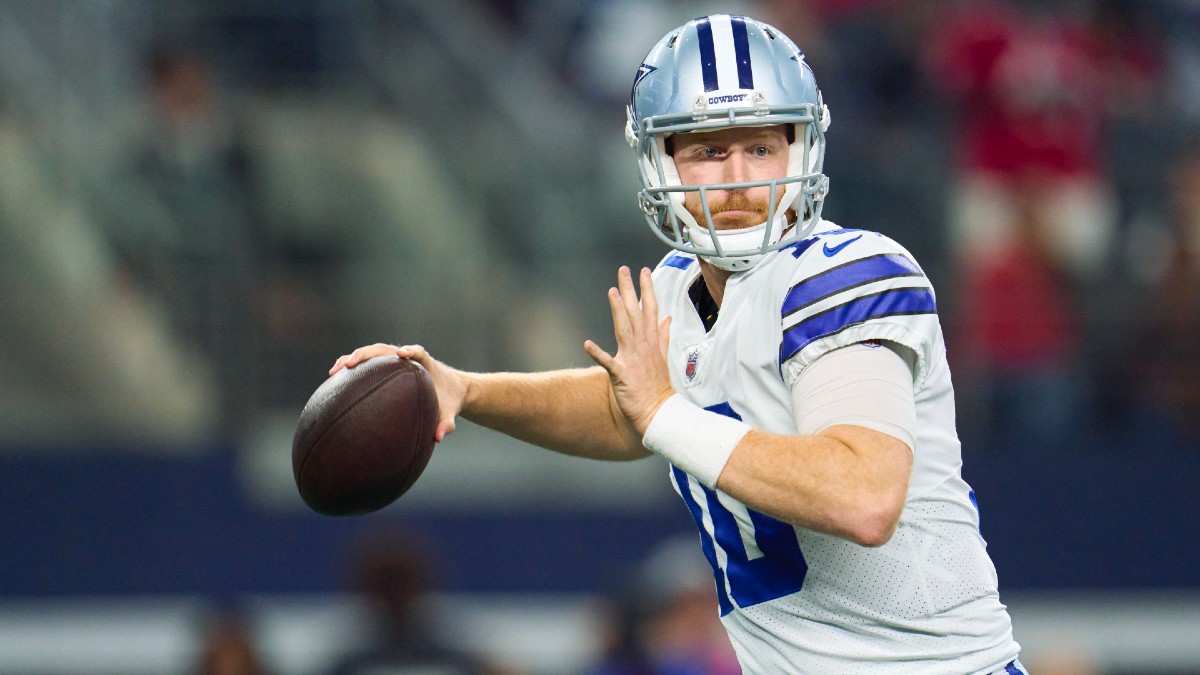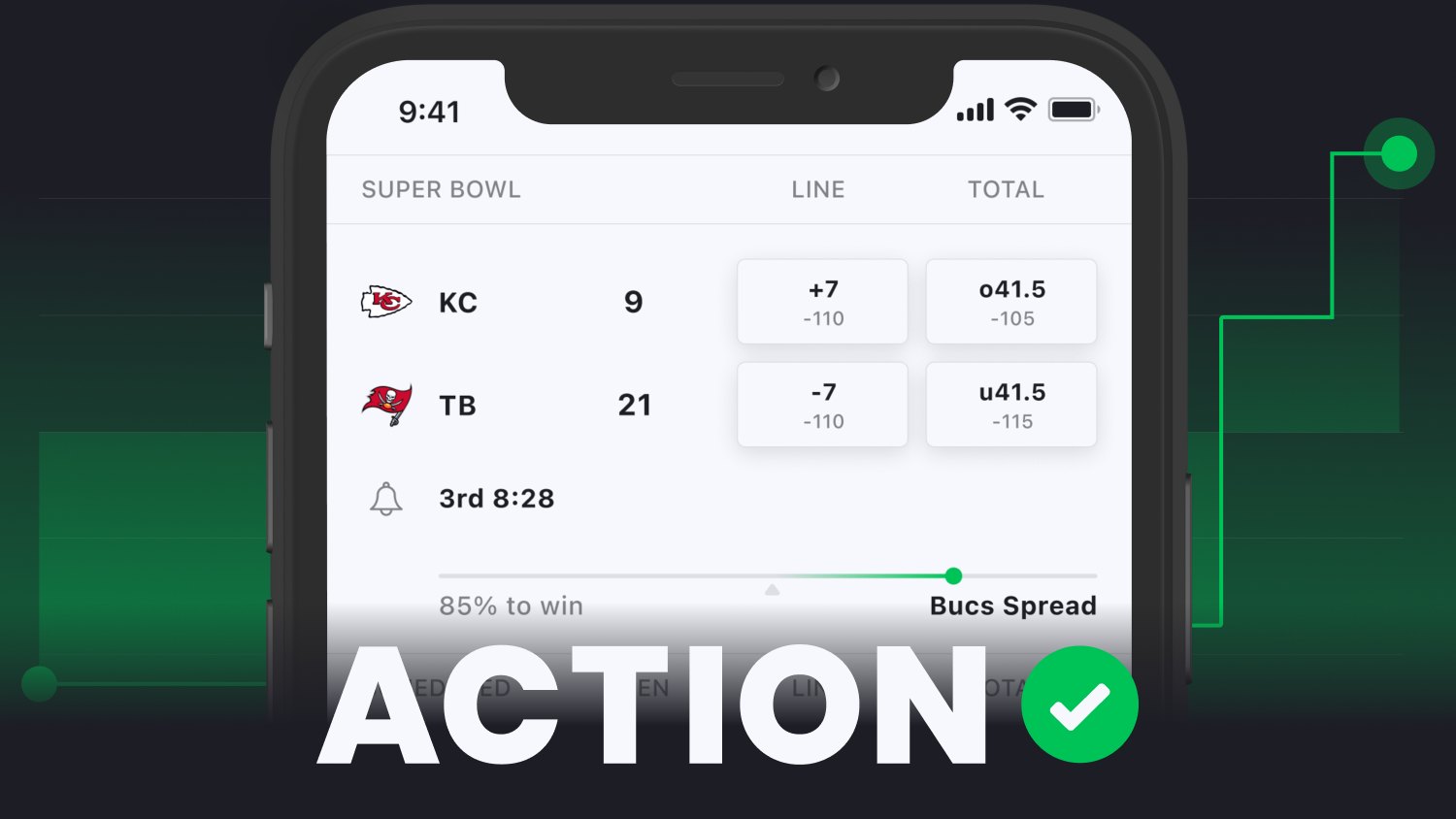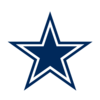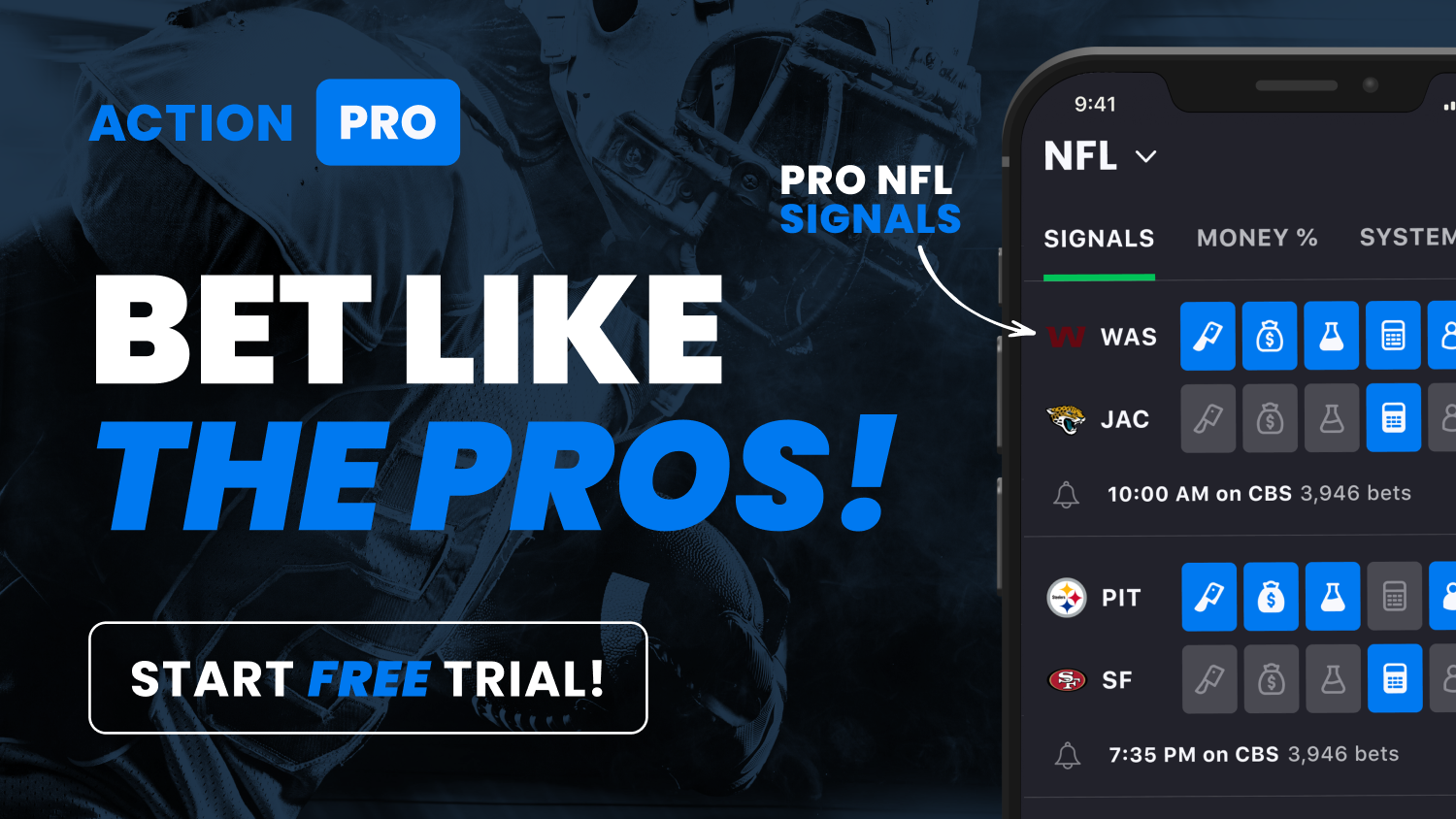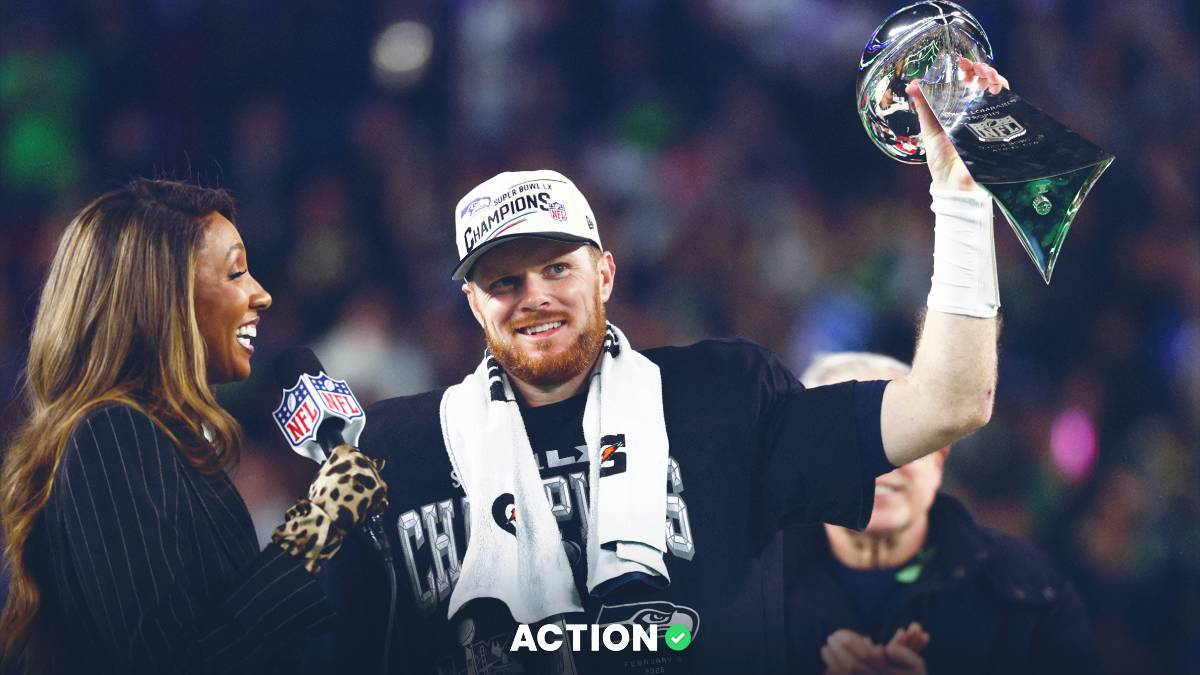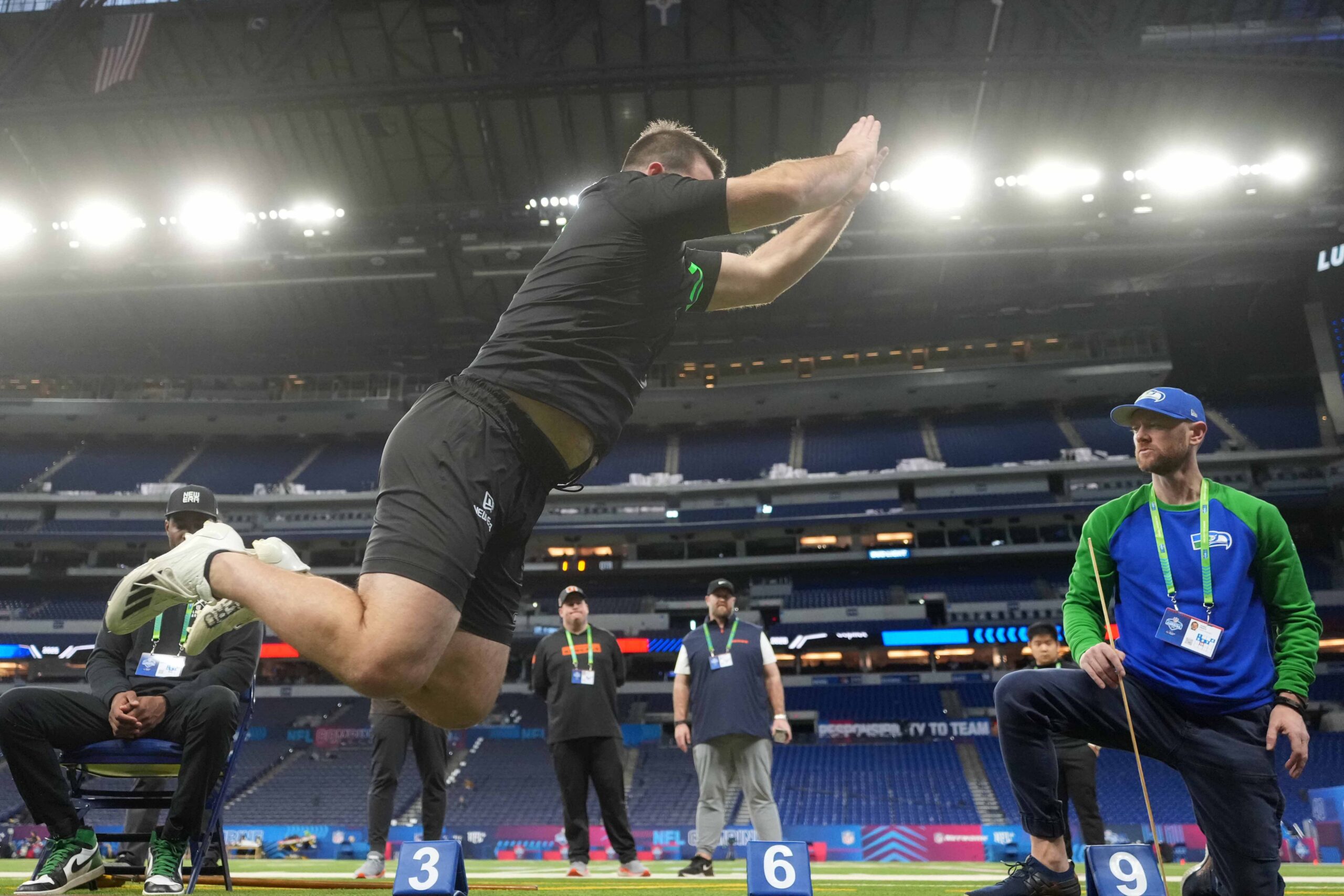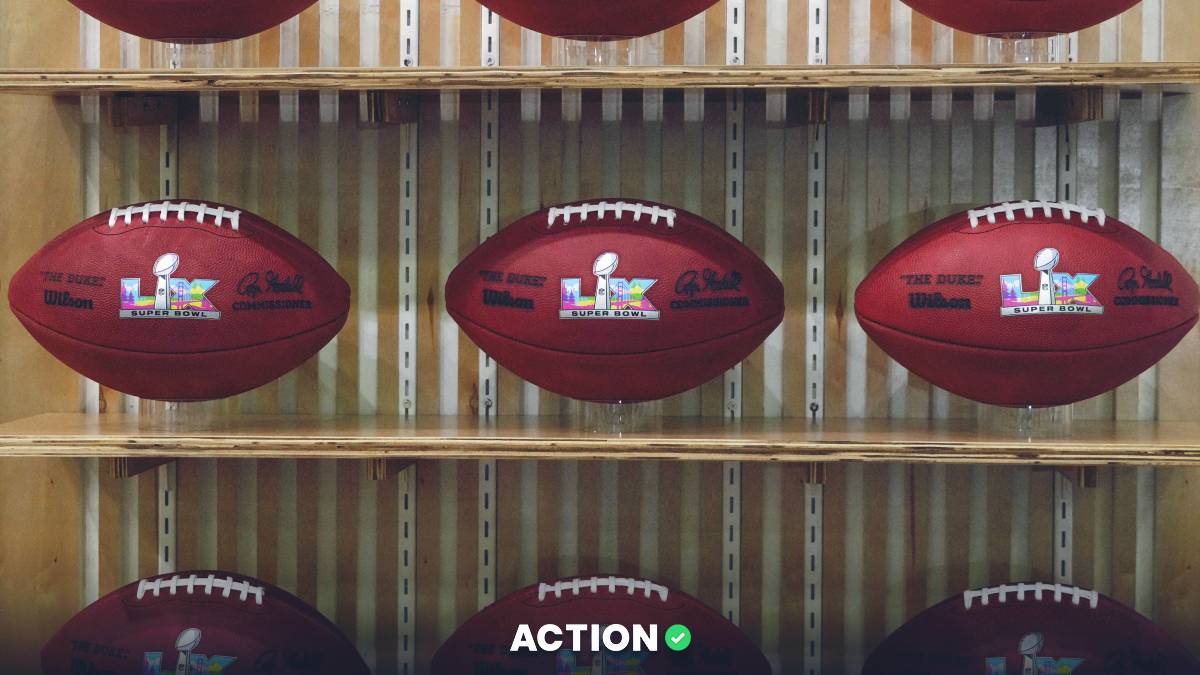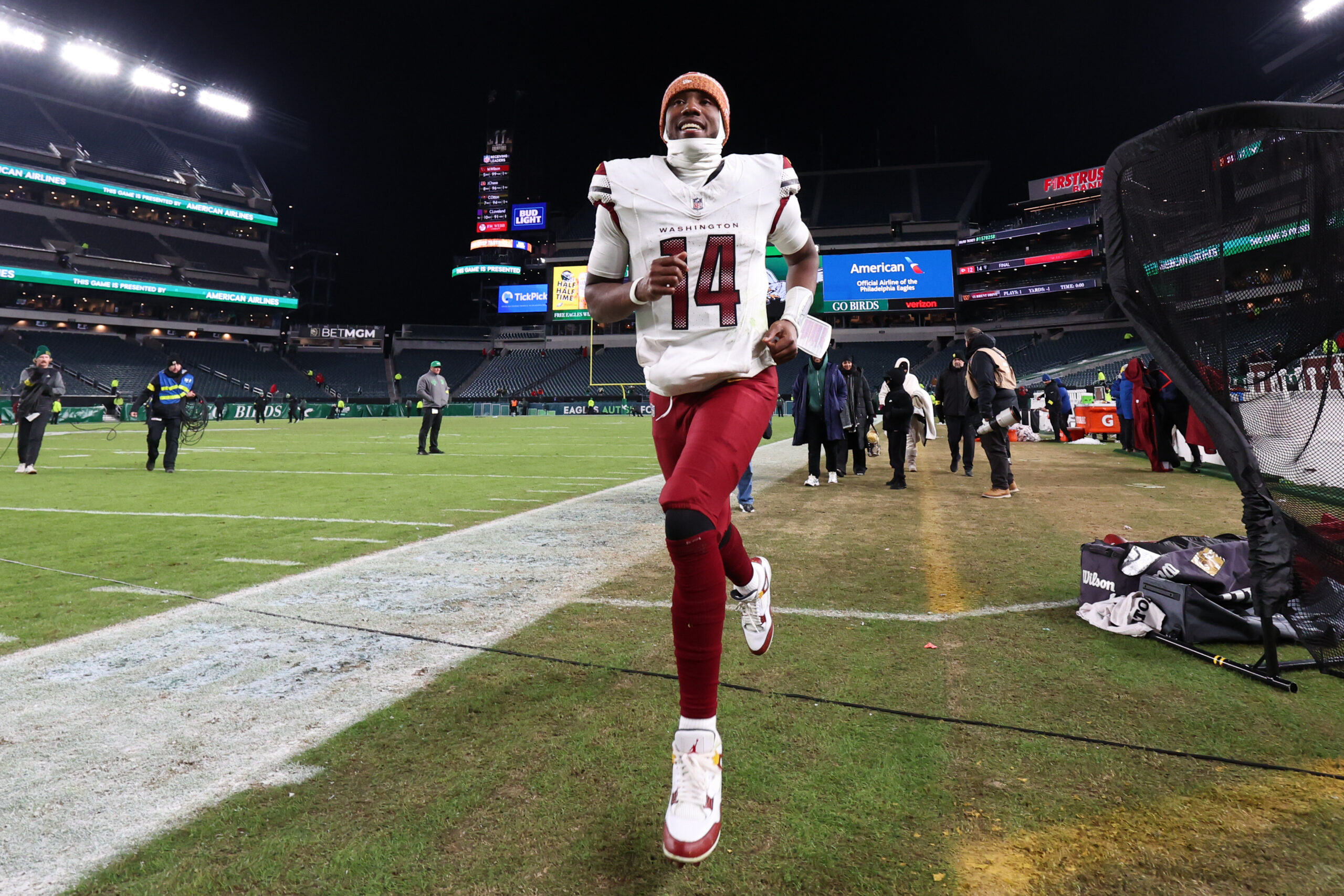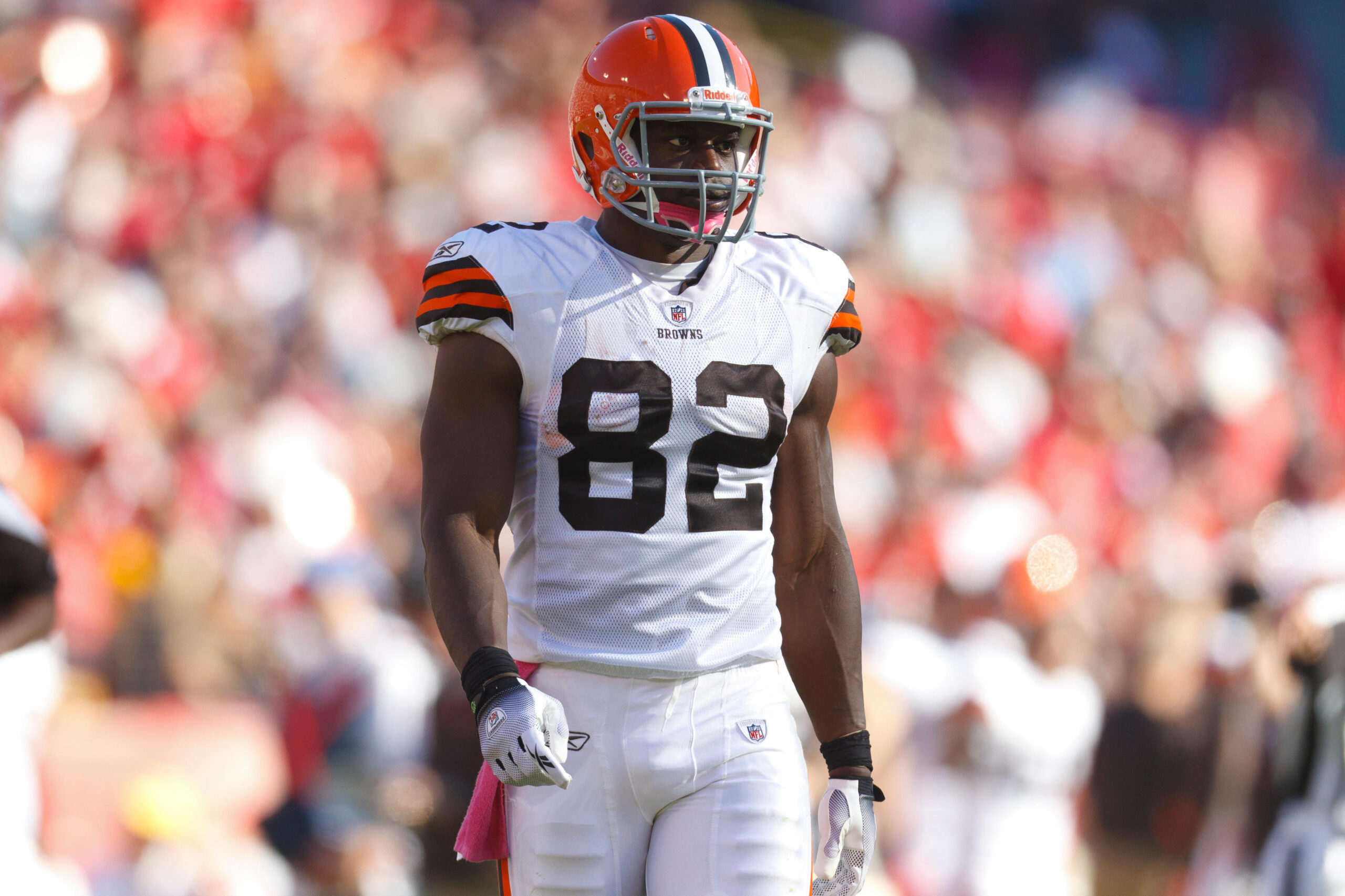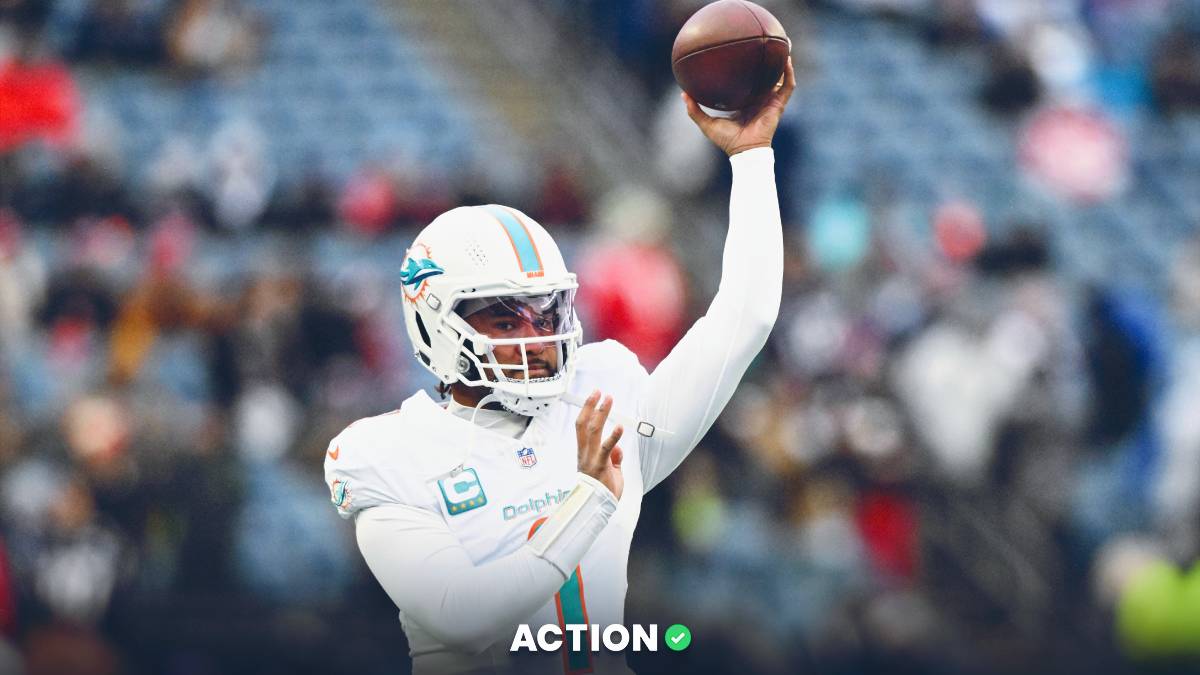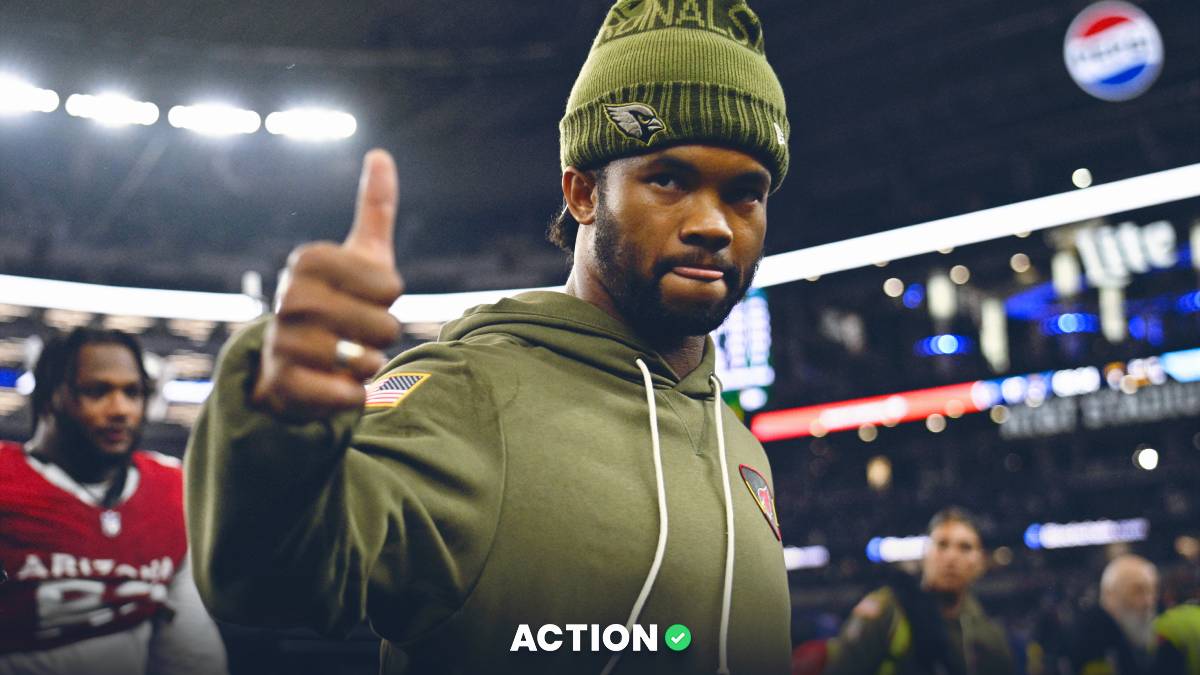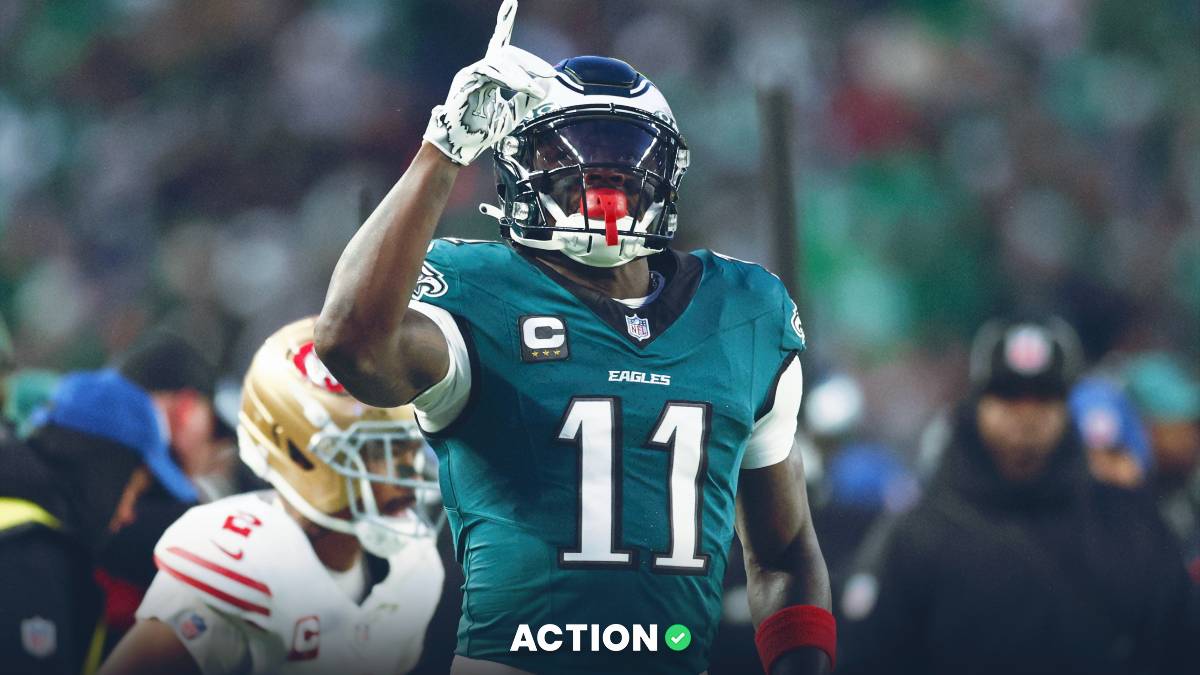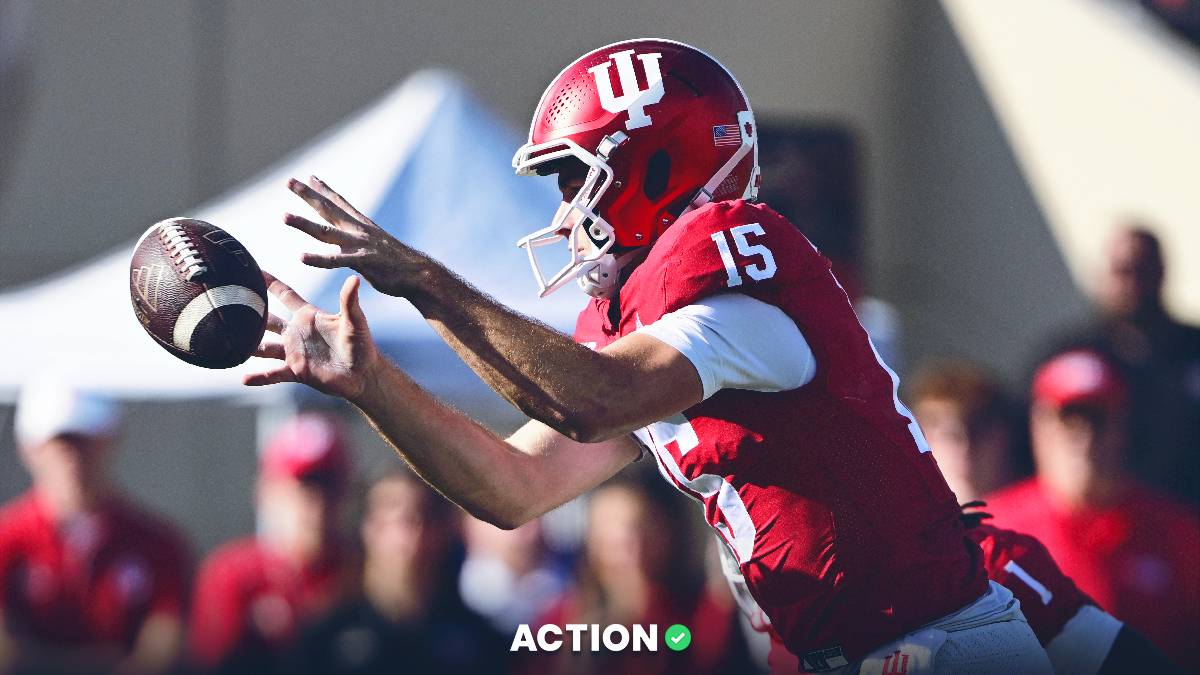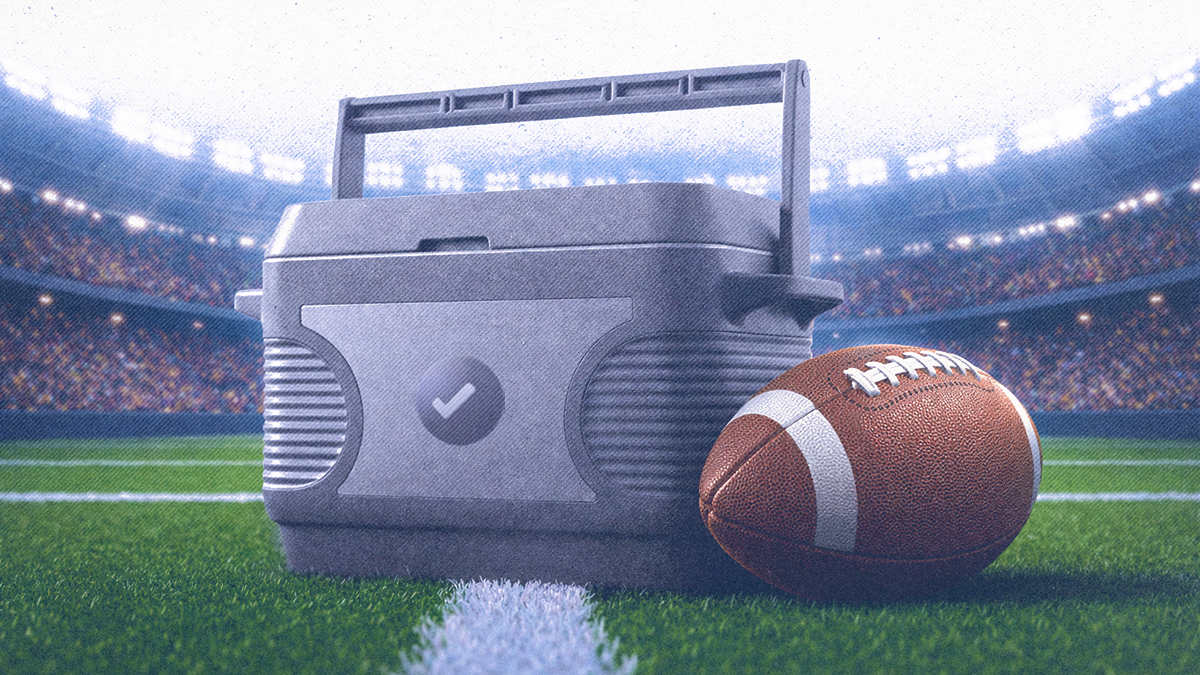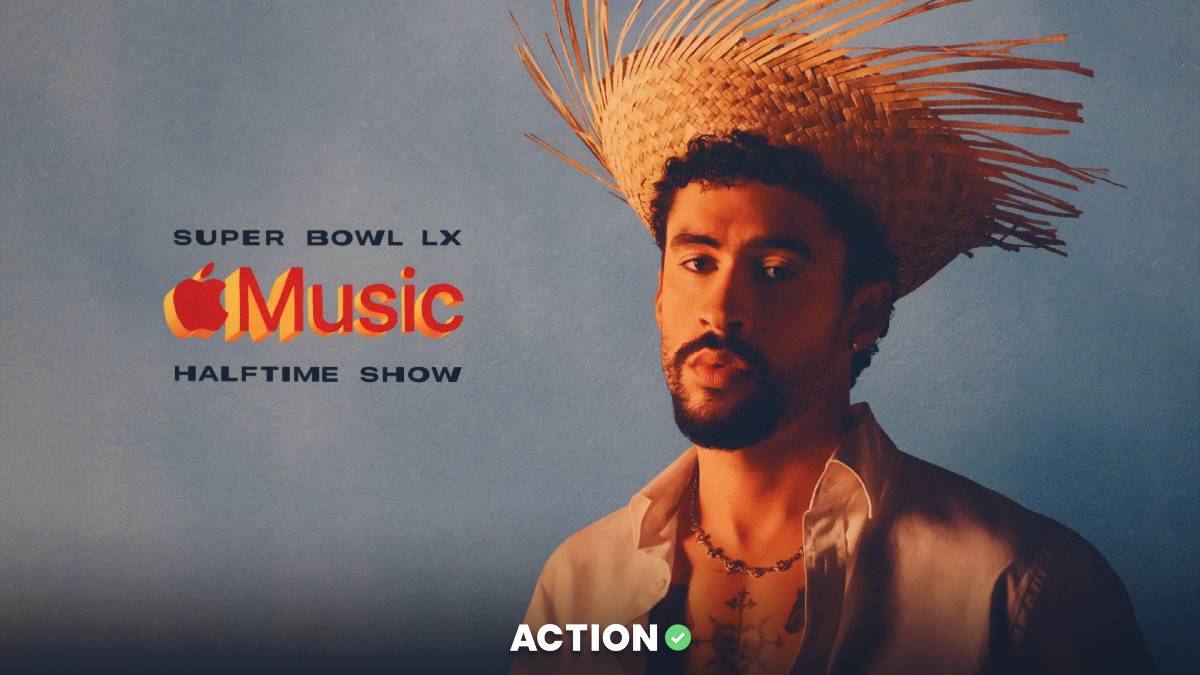In Week 1, Jacoby Brissett came in for the Cleveland Browns after starting QB Deshaun Watson was suspended for the first 11 games of the year.
Now, in Week 2, Cowboys starting QB Dak Prescott has a thumb injury that could sideline him for several weeks, thrusting backup QB Cooper Rush into the starting lineup.
In the NFL, we see countless examples of a QB getting injured and needing to be replaced for either a single game, or extended time. The question is, "How do those quarterbacks perform and where can we take advantage as bettors?"
After tracking each quarterback over the last 10 seasons using our Bet Labs database, we finally have some answers.
What We Know
Before we begin, we should take a second to try and define what exactly a "backup QB" is. Between being benched, getting injured and numerous other reasons why a coach would switch to another QB, some of the difficulty in quantifying a "backup" is simply the situation.
For example, let's look at the 2019 Jacksonville Jaguars.
- Nick Foles starts Week 1 and breaks his collarbone in the game.
- Rookie Gardner Minshew gets the start in Week 2 — that qualifies as a backup.
- Minshew starts eight games (all as a backup) then Foles comes back for their 10th game.
- Foles starts games 10-12 and is benched for Minshew, who starts games 13-16 — those games do not qualify as a backup.
With that in mind, let's look at the data.
In the last decade (2013-22), backup QBs have started a total of 653 games (65 a year) for all 32 NFL teams.
Backup QBs have struggled straight up (not a shock), but the number has drastically dropped recently over the last three years (-4.7%). When it comes to totals, that may be the biggest advantage, with unders hitting at a 57% rate in the last three years with backup QBs.
From a point spread perspective, where you start to see some value in backup QBs is when you dig into the numbers rather than looking at just the big picture.
Is there an advantage or disadvantage at home?
In the last 10 years, backup QBs are 132-184 (41.8%) straight up and 135-177-6 (43.3%) against the spread at home, much overvalued compared to road teams in this spot.
Showing the value of road teams, backup QBs overall when listed as an underdog are just 24-80 straight up (23.1%), but a very respectable 52-51-1 ATS (50.5%) over the last three seasons.
What happens in the spot of the home team as an underdog?
Basically the same against the spread (44.7% vs. 43.3%), but the moneyline shows a drastic difference, dropping from 41.8% to 27% (50-135 SU).
The Biggest Advantages
When it comes to backup QBs, here were the theories I was most interested in looking up:
- Should you bet or fade backup QB early in the year?
- How about bigger favorites and underdogs? What about tight spreads?
- Can we decipher anything from line moves?
- What about a backup QB's first start of the year?
Let's dive in.
Do backup QBs struggle more earlier in the year?
In the last decade, this is just the 19th time a backup QB has started in the first two weeks of the season and the previous 18 were 10-8 straight up and 12-6 against the spread, including the under going 11-7 in those games.
What are the numbers on big favorites and underdogs?
A backup QB has closed as a TD favorite or greater 37 times in the last decade — with Taysom Hill in 2020 (-17) being the biggest favorite. In those 37 games, the backup QBs are 26-11 straight up, but a putrid 12-25 against the spread, including 20-9 straight up and 8-21 against the spread at home.
Underdogs of a TD or more with a backup QB are 32-194 SU (14.2%) and 101-123-2 ATS (45.1%) in the last 10 years. When those QBs are listed at home — like the Cowboys this week — they are 7-62 SU (10.2%) and 26-43 ATS (37.7%) in that span.
Is there an advantage in tight spreads?
The answer is not really, but a good lesson to beware of. Backup QBs with a tight spread (under a FG) are 68-56 SU and 66-57-1 ATS, but just 35-36 SU and 34-36-1 ATS at home, similarly overvalued on their own turf.
How about line moves. Do they tell a story?
We've seen 18 games in the last decade move 7 points or more away from a team with a backup QB under center. Those teams are 5-13 straight up and 7-11 against the spread … and those 11 losses are against the closing line.
If we take a step further, the value increases. When the line moves more than a field goal away from a team with a backup QB, those teams are 24-54 SU and 35-42-1 ATS. But when those teams play at home, that moves to 10-30 SU and 14-26 ATS.
When the backup enters, can we profit on their first start?
As an example, let's look at the Saints last season. Jameis Winston started the first seven games. Enter Trevor Siemian for four games, followed by five games of Taysom Hill and one start from Ian Book.
How do QBs like Siemian, Hill and Book perform in their first start as a backup in a given season?
In the last decade, there have been 188 total games where a backup QB made their first start of that season, subbing in for the starter. As a theme so far from this piece: the home teams? Overvalued. The road teams? Bet them when you can.
The Impact Now
Let's just start with Dallas. In the betting markets, the Cowboys have moved from between a 2 and 2.5-point favorite with Prescott under center to now a 7-point underdog at home against the defending AFC champion Cincinnati Bengals.
In the last decade, the Cowboys are 84-68 straight up and 78-71-3 against the spread overall as a team. When they have a backup QB start, they are 5-13 SU and 6-12 ATS, including 1-6 SU and 2-5 ATS when that backup QB is making their first start of the given season.
How about Cowboys coach and former Packers coach Mike McCarthy when it comes to starters? He is 128-92-7 ATS (58.2%) with Dak Prescott, Aaron Rodgers and Brett Favre as his quarterback in his coaching career. With everyone else (eight total QBs)? He is 13-17 ATS.
League Wide
For a league-wide look, let's focus in by franchise.
- Over the last decade, the Browns have played the most games with backup QBs with 41 in total, three more than the Vikings (38) who have the second-most.
- On the other side of the spectrum, the Chargers haven't technically started a backup QB in even ONE game over the last decade. They've started Philip Rivers, Tyrod Taylor and Justin Herbert … and that's it.
- The only other franchises with fewer than five starts by a backup? The Atlanta Falcons, with just one game, and the Seattle Seahawks, with just three.
- Which teams have performed the best and worst against the spread with a backup QB?
- Best: With a minimum of five games played, the Saints are 14-7 ATS with a backup QB. Second would be the Vikings at 24-14 ATS.
- Worst: Four teams have an ATS win pct of 33% or less: Bills, Cowboys, Titans, Raiders


